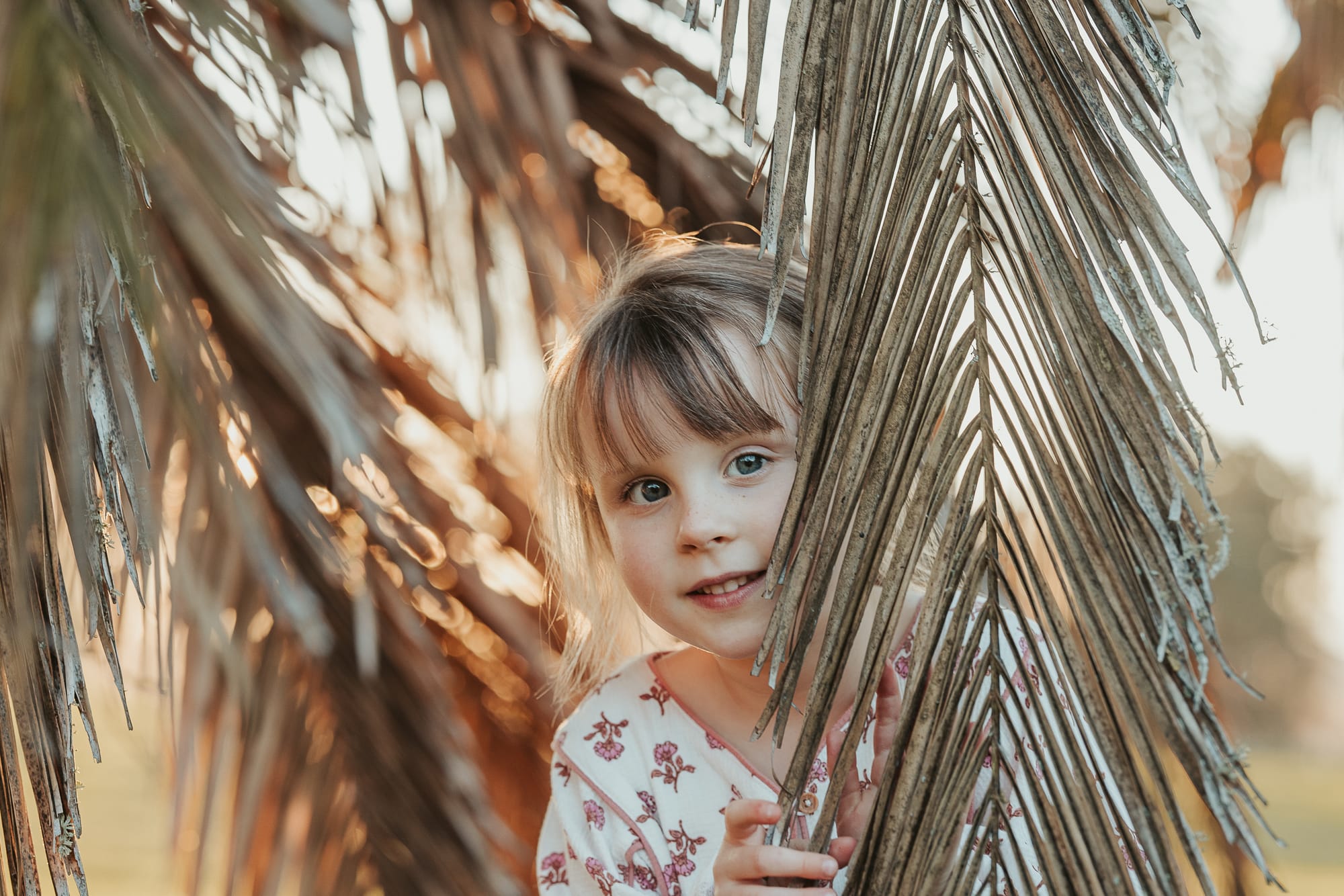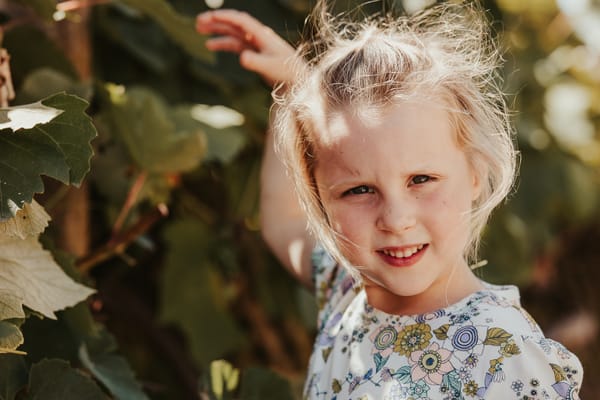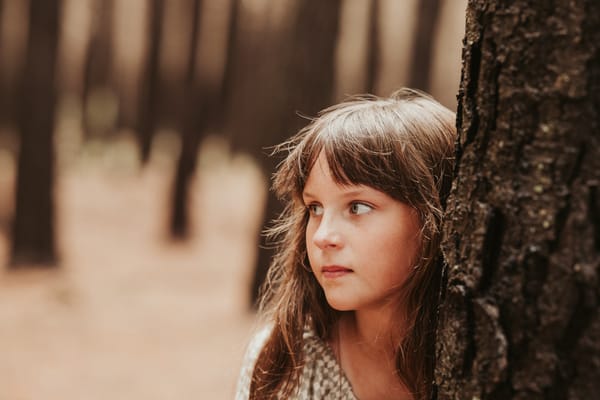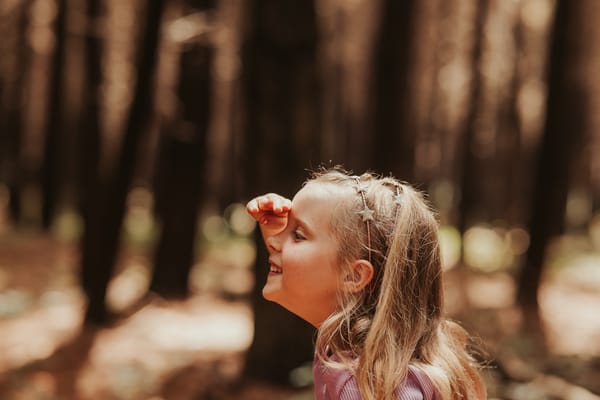It's the question almost every home educating parent has faced (and probably will, again and again). From well-meaning family members, from total strangers, and - often - from our own voice inside our heads. It hits right where our schooling experiences have conditioned us to be most vulnerable - the deep programming that says children need to be surrounded by peers their own age to develop 'properly.'
But let's get really clear on what healthy socialisation looks like, because we've confused something fundamental here. We've somehow accepted that putting thirty same-aged children in a room together, five days a week, equates to 'social development'. And when we really examine it, much of what happens in that setting isn't even close to the kind of social skills and awareness we want our children developing.
Think about what children in traditional classrooms actually learn about social interaction. They learn to compete for attention and recognition. They learn that helping someone else will probably be labelled as 'cheating.' They learn to interact only at designated times, to stay quiet when they have something to share, to raise their hand to speak even when burning with an idea. They learn to judge their social worth through constant comparison with their peers. They learn to suppress their natural empathy when a struggling classmate needs more time. They learn to form social groups based on academic labels and abilities and socio-economic status. They learn that social acceptance often means going along with the group, even when it doesn't feel right.
This list could go on, and on, and on.
Is this really the ‘socialisation’ we don't want our children will miss out on?
Real social development looks very different. It's an older adult patiently teaching a younger child how to master a piece on the piano. Not because the child has been told they have to learn it, but because they want to. It's three children of different ages working together to build an elaborate fort, figuring out how to combine their different ideas into something they all think is awesome. It's a shy 8-year-old finding their voice in a community theatre group, or a 12-year-old confidently discussing their passion project with interested adults.
It's children spending hours developing their own complex game rules, learning to work through disagreements with friends without any adult intervention. It's a teenager mentoring younger kids at the skate park, naturally stepping into a leadership role. It's siblings working together to run their neighbourhood lemonade stand, each finding their own way to contribute. It's watching your child have a conversation with an elderly neighbour about their garden, or confidently ordering their own meal at a restaurant, or interacting with stall owners at a farmers market.
In traditional settings, social interaction is controlled, measured, and restricted. But in natural settings, it flows organically. Instead of learning how to function inside a stack of artificial constraints, children have the space, time, and freedom to build natural, genuine connections. They learn to communicate across age groups, to work out and build real relationships at their own pace. They develop genuine empathy through mixed-age interactions and build confidence in expressing their ideas. They form connections based on shared interests rather than shared birthdates, and learn to resolve conflicts without constant external management.
The irony is that while we're off worrying about our children missing out on 'proper' socialisation, they're off developing authentic social skills in real-world contexts.
So next time someone asks you about socialisation, remember this: your child is not missing out on some crucial component of social development. They're experiencing it in its most natural, effective form - through genuine connections, authentic interactions, and real-world experiences.
Because ultimately, the goal isn't to create children who are good at functioning in artificial social groups.
It's to nurture humans who know how to build meaningful relationships in the real world.
I'm Issy - a home educating dad and the voice behind The Life Without School Podcast 🎙️ Every week I send out grounded, thoughtful encouragement through emails just like this. If you’re not already signed up to get them, drop your email address into the box below - I'd love to send them your way.
And if you’d like to go even deeper on this very topic, I share a new episode inside my private Life Without School Collection every week. These are research-backed episodes that tackle the real doubts, decisions, and mindset shifts that shape home educating life, giving you practical tools to grow your confidence, deepen your trust in your child, and build a home education journey that truly fits your family.
(there’s already more than 10 hours of listening waiting for you inside, growing every week)
📚 Find out more about the Collection here








